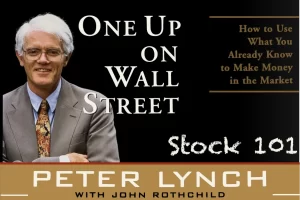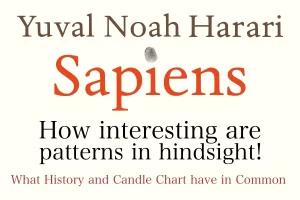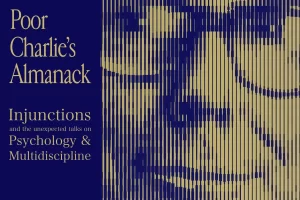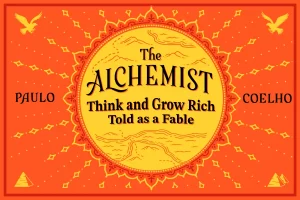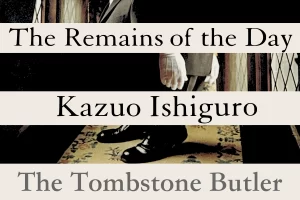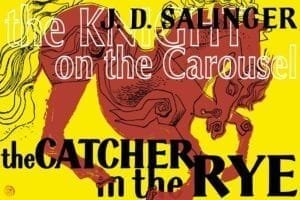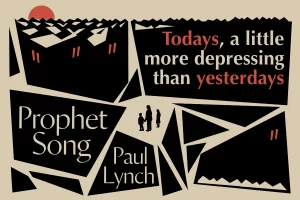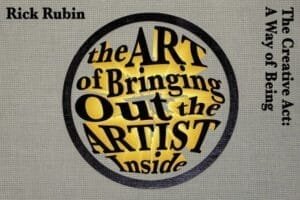Spoiler alert.
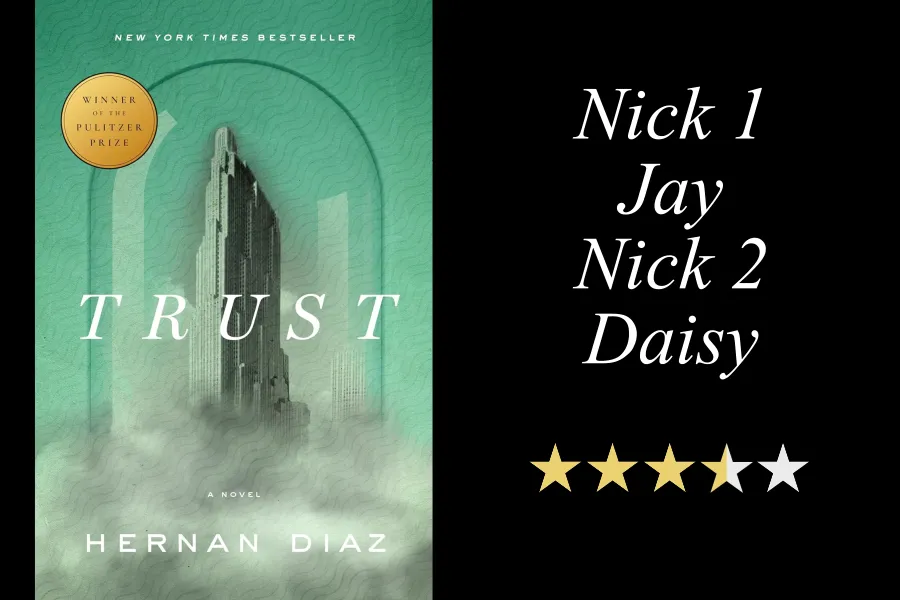
Wall Street Rashomon
What would be the main idea of this book? The tragic fate of genius minds when it happens to belong to a women? The male paranoia of bending reality to the mind rather than vice versa? Plots along the line of the former could be some fathers’ tendency to expect and acknowledge less of a daughter’s mathematical mind than a son’s, or an outright glass ceiling imposed to the likes of Dorothy Vaughan at NASA during the later half of the nineteen-hundreds. Meanwhile, James Gatz comes to mind in relation to the latter. He bends his name, turns an oxford man, stretches dangerously to attain the green light. To impose the perception that belongs to the past into a living, breathing women of the present, to no avail.
Bonds by Harold Vanner gives a lively story of the early days of Wall Street accompanied by real names that it almost feels non-fiction. A man with a story. A women with a story. The way the two complement each other. A successful investment story. A mental illness, and risky medical practices of those days. It’s a good story.
By the time I got to Andrew Bevel’s My Life, I wondered if this book was going to be a collection of accounts of the prescient investors of those days. Mildred’s hospitalization in Switzerland is when the two chapters noticeably start to lead an uncanny resemblance. In Bevel’s autobiography, the difference is that he didn’t administer the primitive operation, and he has a legacy.
Ida Partenza’s memoir is when the puzzle, thoughtfully pieced out by the author, comes together. It’s the affirmative “ohhh” moment. It is the moment when all the motives of the occupants of the estate of the night the affluent landlord died are revealed. Okay, Andrew Bevel is a control freak huh. Got it.
Mildred’s diary resolves it all. For the most part.
Diaz’s approach to illustrate such plots in Rashomon-style is quite novel, and effective. What better way to expose the various accounts than by doing so as is? Why only from Nick? After all, history is a mere collection of accounts. No account, no history. One account, a questionable history. Trust is like The Great Gatsby written from four sides. One from James Gatz, one from Daisy, one from Nick, one from another Nick.
What meaning does Harold Vanner’s novel serve?
I guess Vanner is the first Nick in this story. As per Mildred’s diary, it seems that he had been her acquaintance. Perhaps a beneficiary. It seems that despite benefiting from her charity, he held some grudge on both Bevels. The likely cause would be Andrew Bevel’s short position tainted as the culprit behind the crash that impoverished the lives of many. Another could be a plain discontentment in being at the mercy of a women. Informationally, it gives some more background into Mildred’s childhood.
Why is the title of the book Trust?
The emerald colored cover and Trust produces one connection in my head. “In God We Trust” printed on the greenback. In reality, the bill’s value isn’t based on the trust in God. It’s based on the collective trust that others, of the present and future, will equally trust the bill to hold value. What does this have to do with the book? Apart from Bevel having many of these greenbacks, not clear. If I stretch a bit further, perhaps the analogy is that the existence of truth doesn’t lie in the accounts themselves, but in an abstract space where the accounts are pointing at, and the value of money is the same – not in the plastic mixed paper, but the collective trust of the people. Hey, I said I stretch a bit further.
Why finance?
Technically the book could have been centered around any other field. Any field that calls for an acute intellectual capacity. Like the academia, science, math, etc. I acknowledge that finance was a good choice overall though. Finance also pertains to money. And money is so close to power and the ability to control.
Post-book club notes
In a couple days after writing the review, the book club got together (via zoom) for a chat. In hindsight my questions were critical enough, but my guesses stopped short of reaching the kernel. Some of these questions include “What’s the relationship between Mildred and Vanner?”, “What meaning does Vanner’s novel serve?”. My guess was as above. And then my friend suggested “Hey … what if it was Mildred made Vanner write the novel?” … That made total sense! It made so much sense because the stories are now in parallel. Just as Andrew Bevel hired Ida to write his book, Mildred must have done the same. It explains everything. How Vanner knew all the Mildred’s childhood stories. These are details that no one but herself could have known.
I thought about why I had stopped short of getting to that deduction myself, even when I had asked all the right questions. I think it was that I got pretty immersed in those narrative that are apparent on the surface and didn’t think to connect the dots. All of which I have listed above. And even then, something did feel missing, which is why I only bestowed a 3.5 star rating. After closing the book I agreed that the book was immersive. But what remains? What is the message? And if the message / plot was “the tragic fate of genius minds when it happens to belong to a women” or ‘the male paranoia of bending reality to the mind rather than vice versa”, couldn’t have these been presented in a better way?
“It’s a good story and all but what remains?” is also a pretty critical one. But even then, I stopped short of getting to the bottom of it.
The members of my book club got chills when one first suggested the idea. For me, it was a beautiful solution that answered all my question marks. Why the title Bonds and Futures? Maybe it was Mildred’s naming scheme – choosing securities that have a flip- side meaning. How did Vanner know all the details? Self-explanatory. What meaning does Vanner’s novel serve? The publication of Mildred’s personal view.
It also led me to question Ida’s account. As much as Andrew Bevel glorifies his marriage and his legacy, Ida seems to sugarcoat her relationship with her father.
Then the other member suggested that maybe the title of the book is saying “Which account(s) would you Trust?”. I think it makes sense.
The funny thing is, even throughout the relatively short discussion, I experienced myself contorting reality. As did Andrew Bevel. One friend said she was shocked to realize that Mildred was the agent making the brilliant investments. At that moment I felt myself wanting to say, or believing, “I saw that coming.” When in fact, when I look back closely, I too felt that shock. I have some self-awareness about this. When I read Agatha Christie novels, I would be surprised to find out who the murderer is, and after closing the book a part of me is says I knew that. I try to discourage the Andrew Bevel inside me. That’s why I formally wrote down all my conjectures when reading The Murder of Roger Ackroyd. I didn’t even come close. Another thing was, I am 100% sure in hindsight that although I really did ask the right questions I never formulated the sentence “Mildred made Bevel write it”. It’s the truth. Yet, a part of me was saying I knew that. It’s interesting how I underwent the exact absurdity mentioned in the book – how Bevel sites fictional accounts of Ida as his own – myself. During the discussion of this very book! It was quite uncanny. Speaking of uncanny, when Mildred speaks of Andrew’s kind acts as self-serving, an implementation of an ideology for the future-self to look back and feel corroborated, I could somewhat relate! Sometimes, say when I propose a campfire when my lads and I go on a trip, it’s not entirely in service for the present-self to have the best time possible. Some considerable part is also for memories the future-self could indulge in. I wonder where the line is. Are all future-self serving deeds superficial?
All this goes to say, I think this book deserves a re-rating. It is by far the most fun I had discussing with fellow readers. I think the book had a fantastic value – plain entertainment pleasure! Funny how mystery novels are mentioned numerous times in the book. Andrew Bevel always says he knew it all (which I can relate!), and he probably didn’t. That this book has such an unapparent plot that needs some deduction, asks readers in such a stealthy manner “did you actually figure it out yourself? Or are you gonna act like Bevel?” It’s very clever since most readers don’t walk into this novel thinking there would be some twist! Well, this would all be only if you managed to figure everything out yourself, or through some other source. If you never figure it out, this book would only be some half-finished piece that deserves a 3.5 rating.
Written from scratch by Meston Ecoa.


